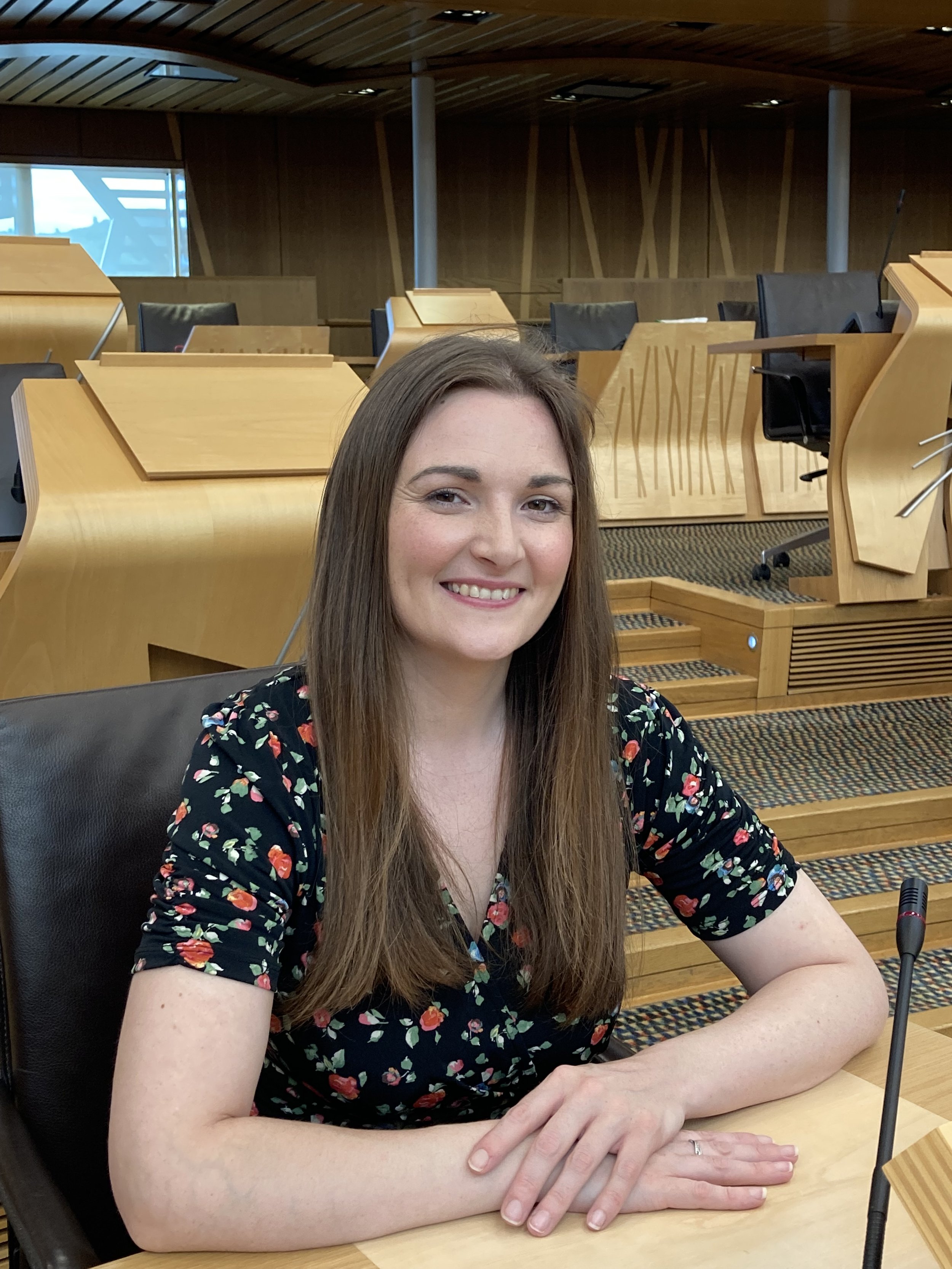Around 20,000 pupils are expected to benefit from anti-racism and equality projects based in school libraries across Scotland.
A total of 21 schools will be awarded a share of £200,000 from the School Library Improvement Fund (SLIF).
£19,734 will be shared amongst 10 schools in Glasgow and Renfrewshire towards their Library Young Team initiative.
£23,350 will also be distributed across schools in Inverclyde to teach pupils Black, Asian and minority ethnic history as part of learning on historical links to slavery in Inverclyde
Commenting, SNP MSP for Renfrewshire North and West, Natalie Don, said:
“School libraries play a key role in the Scottish Government’s efforts to further boost literacy and continue improving attainment, but they are also places where positive values can be developed and celebrated.
“Projects across the Renfrewshire North and West constituency supported by this funding will help young people to understand the harmful consequences of racism and ensure they feel empowered to challenge discrimination.
“Scotland’s school libraries help accelerate education and learning, ensuring every young person has the chance to fulfil their potential by enabling access to information and creative opportunities. This funding will help ensure that people from all backgrounds feel the full benefits.”






